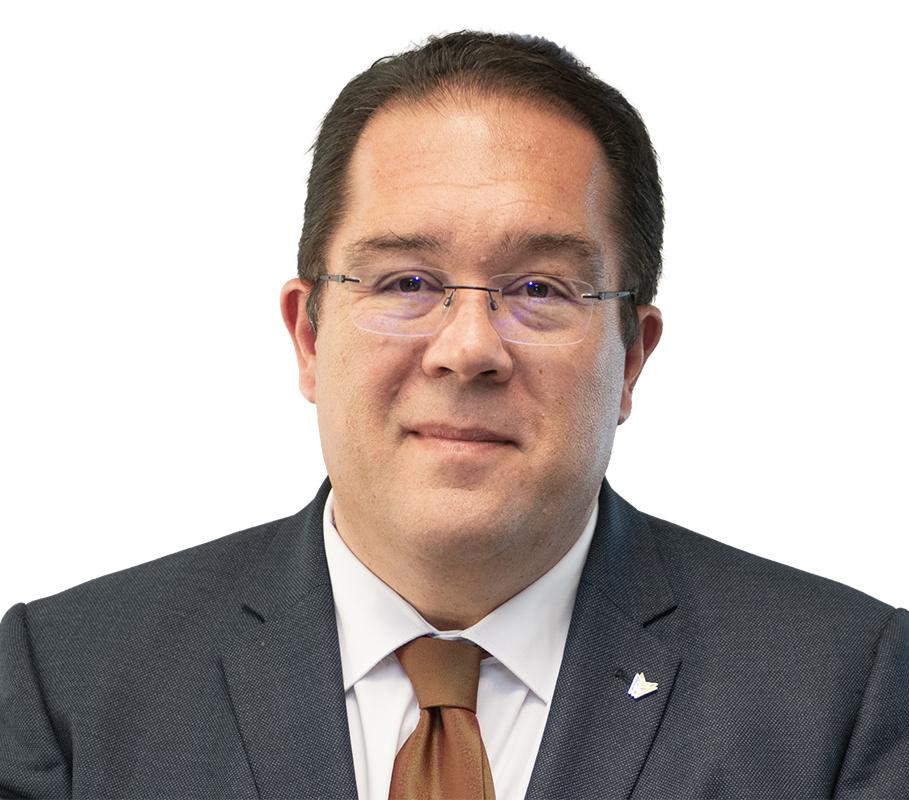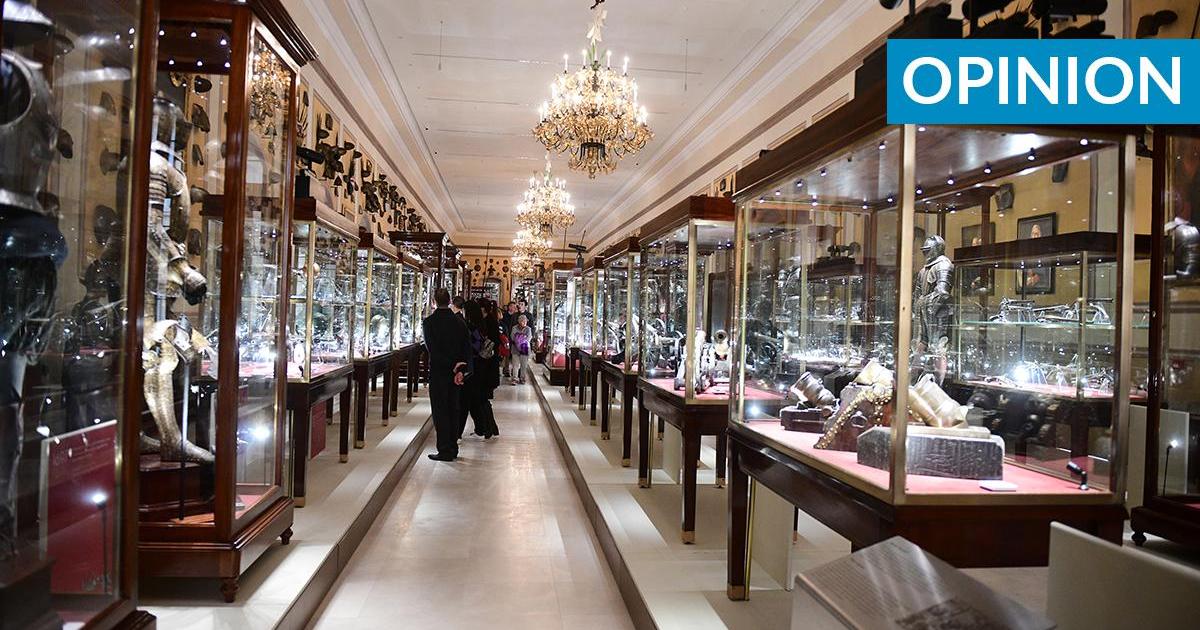There are defining moments in a nation’s development, times when change can be truly transformational. For Malta’s tourism industry, that moment is now, while we are in a position of strength and within the right environment to chart a revitalised vision for the years ahead.
In 2024, tourism expenditure reached €3.3 billion, an increase of €600 million over 2023, a growth of 23%. As Malta’s economy has continued to diversify and grow, tourism has managed to maintain its relevance and importance with a GDP contribution of around 15%, also considering the fast and vast multiplier effect tourism expenditure has on the Maltese economy.
The positive trend in tourism expenditure has continued into 2025 and the months January to May 2025, compared to the same months in 2024, are showing a further growth in tourism expenditure of 21.9%, an increase of €210 million. This important income generated by tourism not only allows the country to invest more in infrastructure and improved services but also contributes to the nation’s spend in education, social services and health, to name a few.
Consistently, over the last decade, and especially post-COVID-19, the MTA, in cooperation and with the support of our partners, both local and foreign, has followed a strategy to grow tourism arrivals all year round and achieve full recovery ahead of global industry forecast. As the country reached inbound tourism peaks in the summer months of 2023, the MTA re-directed financial resources and energy to target more growth in the winter months of the year, while carefully managing growth in the summer months.
Today, Malta and Gozo enjoy the best seasonality spread of tourism in the Mediterranean, with arrivals and tourism expenditure in the winter months increasing between 20% to 30% in winter 2023-24 and again achieving similar growth this last winter.
This steady transformation is not happening by chance but through strategic decisions in the planning of our islands’ flight route network; the development of a marketable tourism product, niches and segments; finely targeted marketing; ongoing positive cooperation with the different players in Malta’s tourism industry, airlines, tour operators, travel agents, international media, travel booking platforms, conference and expo organisers – all this backed by an untiring drive of many professionals, both in the public and the private sector, all working towards the vision of a more successful and sustainable tourism sector.
While the number of tourists and bed nights booked shall always remain important to achieve economies of scale and feasibility, the real achievement in the future shall lie beyond numbers. We are making a deliberate shift from more volume to more value. We are curating quality over quantity: boutique hospitality, heritage-rich experiences, sustainability-driven itineraries and a growing calendar of world-class events that are redefining what it means to Visit Malta.
This VisitMalta strategy is producing tangible results as Malta and Gozo continue to be recognised as one of the best-performing destinations, as per UN tourism data, and with several international awards rewarding our work and initiatives in sustainable tourism, destination branding, diving and sports tourism as well as LGBTIQ+ travel.
We are making a deliberate shift from more volume to more value- Carlo Micallef
In parallel, Malta’s appeal has expanded globally with steady growth from North America, Asia and Latin America without losing our stronghold in key European countries.
We also recognise that sustaining a high-quality tourism industry also means meeting today’s pressing challenges head-on. The Malta Tourism Authority is actively implementing reforms to strengthen standards and ensure long-term resilience.
Our strategy for the future is grounded in a deep understanding of global tourism trends that are reshaping the industry. Travellers today are increasingly driven by values: seeking sustainability, authenticity and personal enrichment. Malta is responding with a tourism model that aims to be not only eco-conscious but regenerative, aiming to leave destinations better than we found them.
We are integrating advanced digital technologies, such as AI-driven planning tools, mobile-first booking systems and immersive virtual experiences, to enhance engagement and streamline the visitor journey.
At the same time, we are harnessing data to deliver personalised travel experiences, shifting away from mass-market packages toward tailored, culturally-rich itineraries that reflect the uniqueness of our islands.
Under the direction of the Deputy Prime Minister and Minister for Tourism and Foreign Affairs Ian Borg, we are working towards leading the industry to change, to offer a higher-quality accommodation experience and raise prices; to invest in attractions that complement the higher-quality tourism offer we are aiming for; and to identify, reach out and target the audiences that are willing and able to spend more for a memorable beautiful holiday experience that the Maltese islands offer.
Our events strategy is being refined to attract curated, high-calibre events that align with Malta’s cultural identity and contribute to a richer year-round visitor experience. Additionally, we are working closely with ministries, local councils and several stakeholders to address specific issues in high-density tourism areas, strengthening enforcement, improving safety and planning for more balanced activity that protects residents’ quality of life, while supporting the area’s role in Malta’s tourism offering.
These initiatives reflect our clear commitment: a tourism industry that is responsible, respectful and aligned with the broader interests of our nation.
Meetings, expos, premium sports events and corporate travel shall play a pivotal role in shaping a higher yielding and more sustainable tourism industry. Investment in multi-purpose indoor facilities with a capacity to host an attendance of 10,000 to 15,000 are going to be key to raise the per capita spend of visiting tourists to our islands. This, to change the profile of the visiting tourist to one that spends more in the destination enjoying the authentic experience Malta offers.
The Malta Tourism Authority is no longer simply promoting Malta – we are positioning it as a world-class destination rooted in quality, innovation and cultural authenticity. Malta may be a small island nation but, today, its tourism impact is global.
With a unified national vision and a commitment to sustainable excellence, the best of Malta’s tourism journey is still ahead of us.

Carlo Micallef is CEO of the Malta Tourism Authority.
